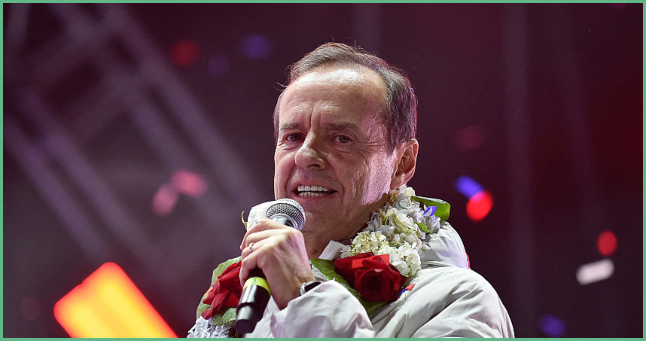Bolivia’s Runoff: Quiroga vs Paz After Two Decades of Socialism
Bolivia heads to a decisive presidential runoff this Sunday, a vote many see as a chance to move beyond almost twenty years of socialist-led governance. Voters will choose between conservative former president Jorge Quiroga and Senator Rodrigo Paz, who offer starkly different roadmaps for recovery. The immediate questions are simple: who can restore growth, security, and trust in institutions.
Two decades of state-first policies left real gains but also persistent problems that frustrate everyday people. Nationalized sectors and heavy-handed regulation discouraged outside capital, public services often missed the mark, and corruption scandals hollowed out confidence. Supporters point to redistribution successes, but critics say those came with long-term costs to competitiveness and opportunity.
Quiroga shows up with presidential experience and a straightforward pro-market pitch designed to jump-start private investment. He promises to cut red tape, stabilize rules for business, and rebuild the legal foundations investors need to act. For voters focused on jobs and growth, that message is clear and actionable.
Senator Rodrigo Paz casts himself as a pragmatic alternative, pitching governance and measurable social programs rather than pure ideology. He aims to reassure those worried about abrupt swings by emphasizing results and institutional fixes. Paz tries to bridge concerns about welfare with the demand for better management.
Across neighborhoods, the list of voter priorities looks familiar: meaningful jobs, safer streets, and functioning public services. Young professionals want fewer barriers to launch businesses, while rural communities care about land rights and reliable infrastructure. That mix forces candidates to build broad coalitions rather than rely on narrow appeals.
From a Republican viewpoint the prescription is straightforward: shrink the state where it crowds out enterprise, stick to fiscal discipline, and protect property rights. A neutral judiciary and transparent contracting are nonnegotiable if Bolivia expects foreign capital to return. Electing leaders who prioritize opportunity over ideology is the fast track to delivering results to the poor.
The outcome will be watched beyond Bolivia because markets and neighboring governments respond quickly to policy signals. A winner who signals openness and rule-based economics will likely pull in investment and trade interest, while a murky message risks scaring off capital. Diplomatic relationships will be tested by whoever takes power and how they choose to engage.
Runoffs can be moments of anxiety, with legal challenges or protests capable of changing the story overnight. Election authorities must show transparency and clear rules to keep disputes manageable. Calm and orderly counting will build credibility faster than any victory speech.
Bolivia’s raw wealth in natural gas and minerals could become the engine of a broader recovery if managed with clarity and outside partnerships. Transparent bidding, steady contracts, and environmental standards will determine whether those resources lift the whole country. Conservatives argue that smart private-sector cooperation, not blanket expropriation, creates the sustainable jobs people demand.
Young voters and civil society groups are a wild card, pushing hard for accountability and modern services at the local level. Their energy has reshaped debates and made politicians pay attention to delivery over slogans. Turning that activism into durable institutional reform will test the next government’s seriousness.



